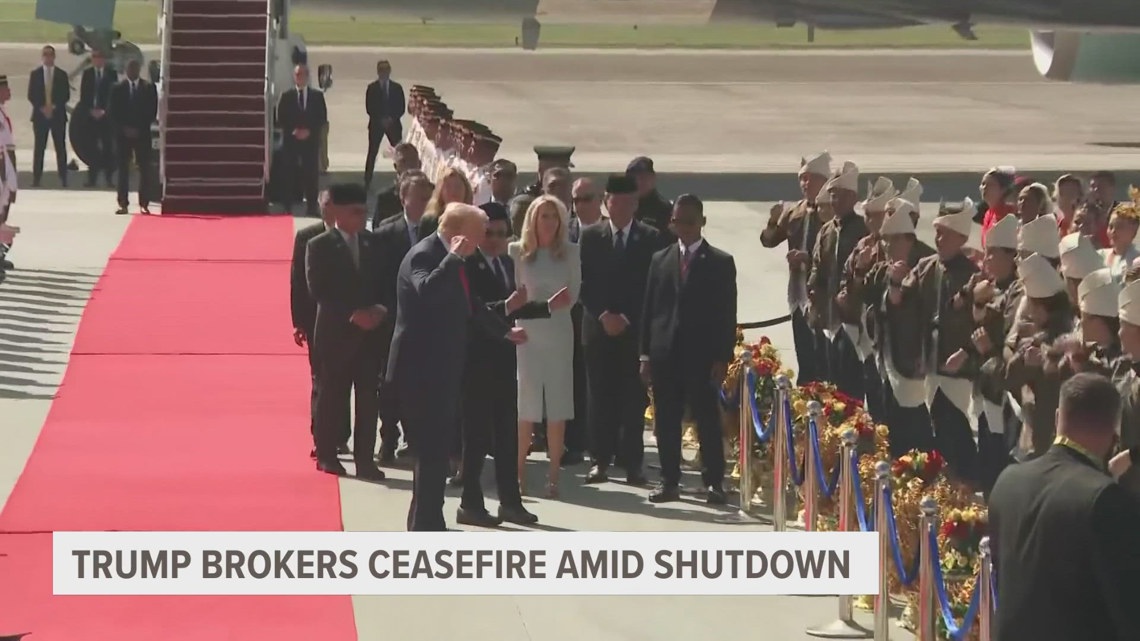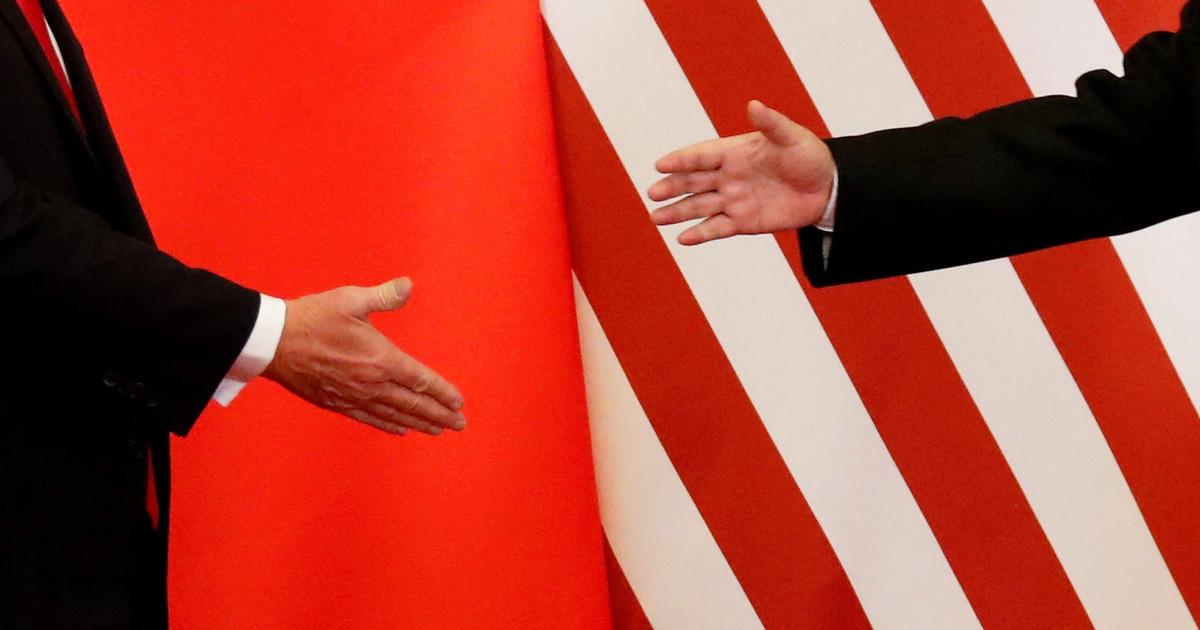About 250,000 people unsubscribed from The Washington Post after the newspaper broke a decade-long tradition and announced that it would not endorse a presidential candidate for the 2024 election.
The decision was made by The Post’s billionaire owner Jeff Bezos, who defended it in an op-ed published Oct. 28, citing a goal to eliminate bias.
“Presidential endorsements do nothing to tip the scales of an election,” Bezos said. “No undecided voters in Pennsylvania are going to say: ‘I’m going with Newspaper A’s endorsement.’ None. What presidential endorsements actually do is create a perception of bias. A perception of non-independence.”
An alternative viewpoint suggests that the power he wielded to prevent the endorsement is indeed a reflection of bias. His wealth and influence over The Post allowed him to exert unprecedented control over its publication. Access to money and power should not grant any private citizen the right to dictate the news that Americans receive.
The 2024 election cycle saw the influence of the ultra-wealthy on news and social media, which was unheard of in the past. Billionaires Elon Musk and Patrick Soon-Shiong, the owners of X and the LA Times, respectively, have both taken similar action to Bezos. Soon-Shiong also prevented the Times’ endorsement, and Musk used X to platform and promote President-elect Donald Trump’s policy agenda.
The fact that these three individuals were able to influence media outlets in this way sets a dangerous precedent in American politics.
It is evident that wealthy individuals use news platforms to help extend their agendas, especially in the case of Musk’s takeover of X. Since his purchase of the platform in 2022, X has seen a dramatic shift from a social forum to a right-wing hub.
In this way, Musk’s information dominance is explicitly dangerous and many may see Bezos and Soon-Shiong’s refusals to endorse either candidate as a much more moderate approach. It is important to consider that the decision to not endorse a candidate is still making a statement– one that can still be perceived as a biased attempt to influence voter behavior.
Bezos’ blockage of The Post’s endorsement is based on the faulty logic that a non-endorsement creates impartiality. However, the dramatic decision to not endorse a candidate and break tradition so close to the election had the opposite effect. Bezos’ praise of Trump after his victory reaffirms this appearance of bias, regardless of what he claims.
Trump’s first presidency and subsequent political dominance have been characterized by misinformation, half-truths and conspiracy theories. In his first term alone, he made over 30,000 false or inaccurate claims.
Now, as Americans prepare for a second Trump administration, the role of the media must be protected. Journalists must be allowed to do their jobs, independent of any political interest or agenda.
That cannot happen if people like Bezos, Musk and Soon-Shiong continue to have a covert hand in what is published by media outlets. One of the media’s vital roles in democracy is to hold those in power accountable and report the truth. This is something that Americans need now more than ever.
Not allowing journalists to fulfill their political responsibility is also detrimental to public trust in the media. Journalists have a civic duty and responsibility to support their readers in making informed decisions. By avoiding endorsements, The Post disengages political discourse and brings its commitment to its readership into question.
The unspoken holds just as much significance as what is spoken. One person’s political motives or beliefs should not outrank seasoned professionals committed to decimating information to the American public.

